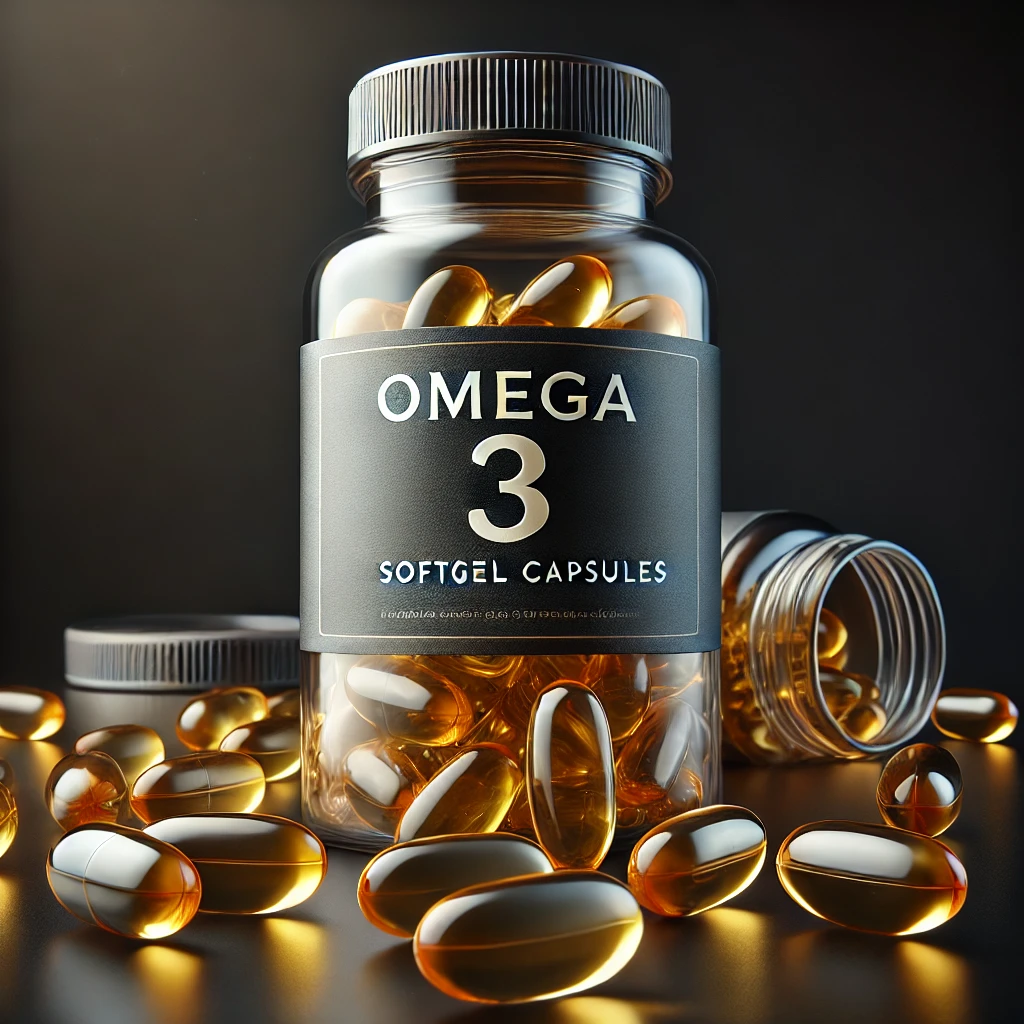We hear about Omega 3, 6, and 9 all the time — but what are they really, and do we need all three? Are supplements like Omega 3-6-9 capsules actually worth it? And how do you know you’re buying a high-quality, organic product that’s truly beneficial?
Let’s clear the confusion with a science-backed look at these essential fatty acids and how best to get them.
✅ What Are Omega 3, 6 & 9?
These are types of unsaturated fats, known for their health benefits — especially when consumed in the right balance.
- Omega 3 (essential) – Supports brain, heart, eye, and joint health. Found in fatty fish, flaxseed, chia seeds, and algae.
- Omega 6 (essential) – Supports skin health and energy, but most people get too much through processed foods and vegetable oils.
- Omega 9 (non-essential) – Still beneficial! Helps reduce inflammation and improve heart health. Found in olive oil and nuts.
⚖️ Why Omega 3 Is the Priority
Most people in the UK consume way too much Omega 6 (thanks to processed foods), and not enough Omega 3 — which is linked to inflammation, poor heart health, and even low mood.
🧠 Omega 3 is especially crucial for brain development, cognitive function, and mental wellbeing.
That’s why nutritionists often recommend supplementing Omega 3 on its own — or choosing an Omega 3-6-9 blend that prioritises the right balance (usually 2:1:1).
✅ Best Sources of Omega 3
Top food sources:
- Fatty fish: salmon, sardines, mackerel (rich in EPA & DHA)
- Chia seeds and flaxseeds: high in ALA (a plant-based form of Omega 3)
- Algae oil: best vegan source of DHA — found in high-quality supplements
💊 Should You Take Omega 3, or 3-6-9?
Omega 3 alone is often the most effective and targeted supplement — especially if your diet already includes Omega 6 and 9 (which it likely does).
However, some people prefer an Omega 3-6-9 blend, which includes:
- Flaxseed oil (plant-based)
- Fish oil (or algae oil for vegans)
- Borage oil (rich in GLA, a beneficial Omega 6)
Just make sure it uses cold-pressed, organic oils, and is free from heavy metals and rancidity.
🔍 What to Look For in a High-Quality Supplement
When shopping for an Omega supplement, especially online, check for:
- ✅ Organic certification
- ✅ Cold-pressed oils (not heat-treated)
- ✅ No artificial additives
- ✅ High EPA & DHA content (if fish-based)
- ✅ Sustainably sourced (especially algae and fish oils)
⚠️ Avoid cheap capsules that don’t list exact EPA/DHA amounts or use the vague term “fish oil blend.”
🛒 Trusted Brands for High-Quality Omega Supplements
Here are some of the most trusted Omega supplements that meet our no-bull standards — organic, lab-tested, and UK-approved:
- Wild Nutrition Omega 3 (Vegan Algae Oil) – Organic and sustainably sourced, ideal for plant-based diets.
- Together Health Omega 3 – Plastic-free packaging, clean formula, made in the UK.
- Nutravita Omega 3 – High strength, affordable, and third-party tested.
We only recommend brands that meet high-quality and transparency standards.
🌿 Final Thoughts
Omega 3 is one of the most science-backed supplements out there — and getting the right balance of Omega 3, 6, and 9 can make a real difference to your health.
Whether you choose a clean Omega 3 capsule or a premium 3-6-9 blend, quality matters. Look for organic, cold-pressed, sustainably sourced options — and give your body the healthy fats it actually needs.

Leave a Reply